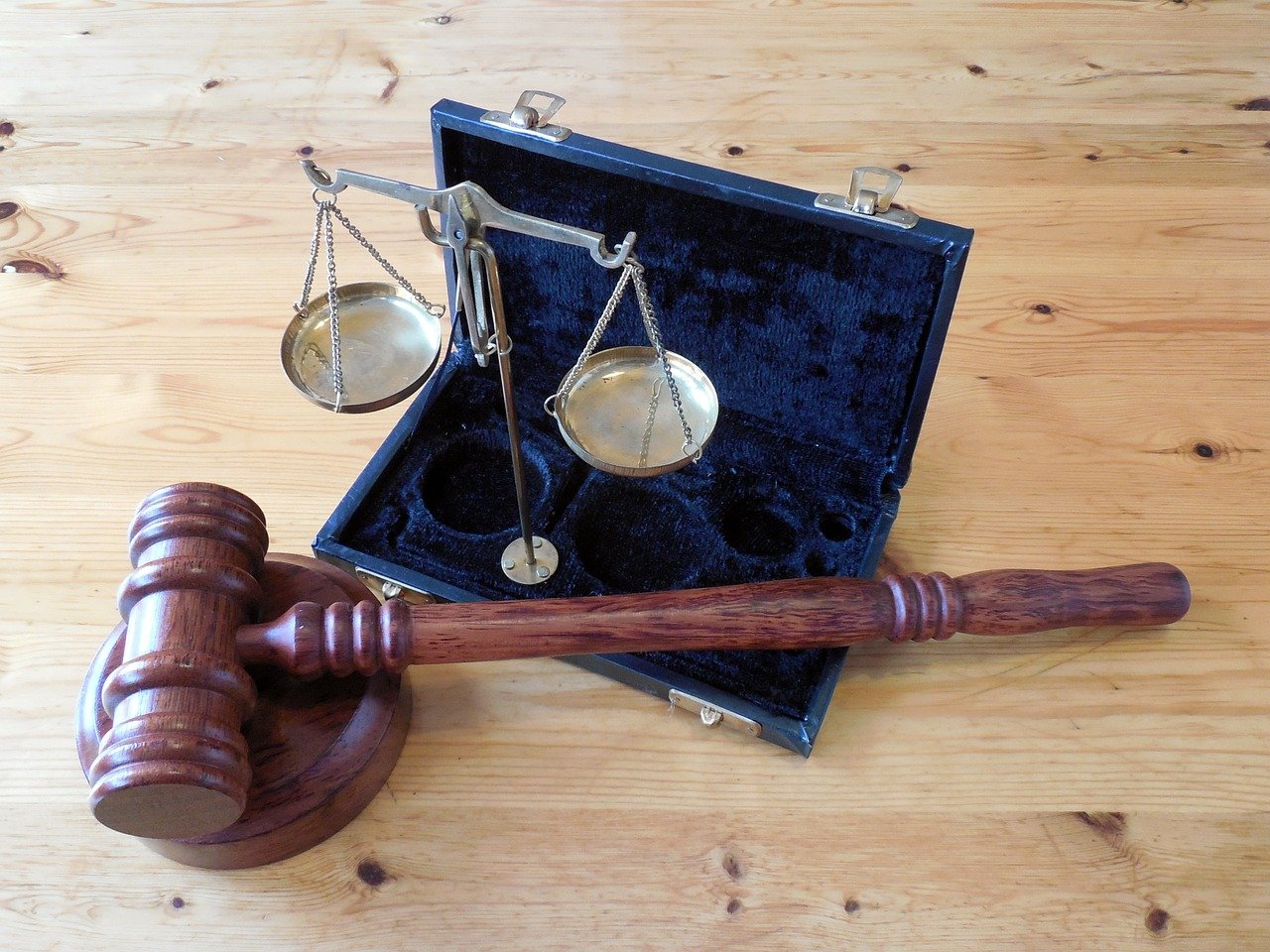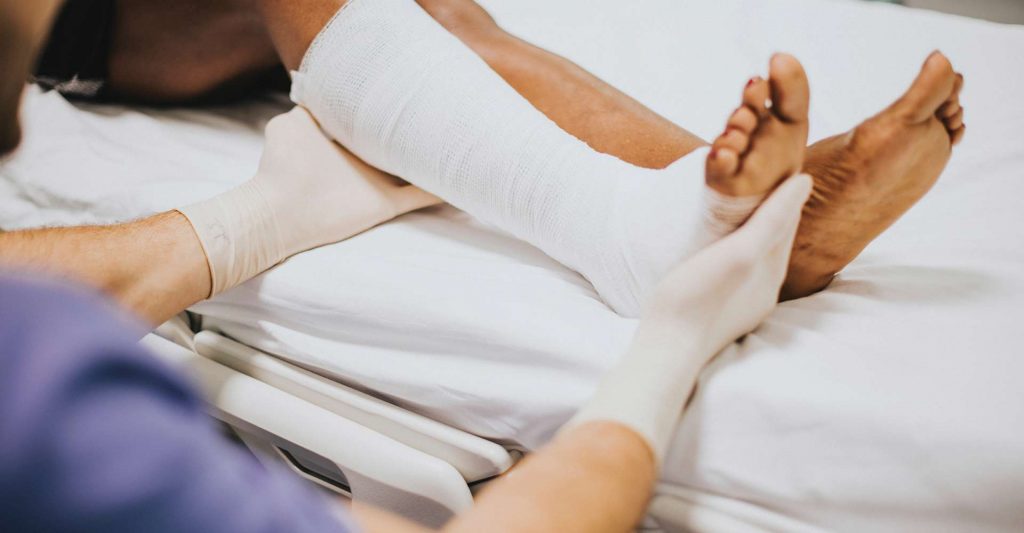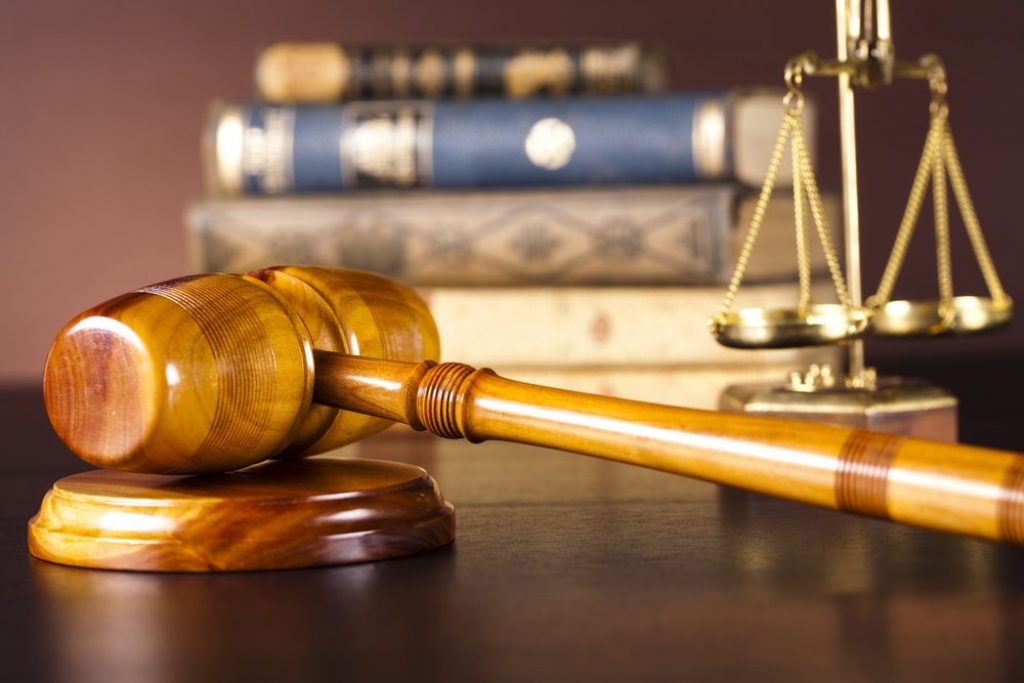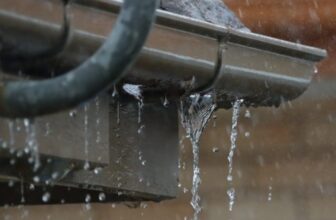
Slip and fall accidents can result in several life-altering consequences for victims. Common injuries include broken bones, sprains, and severe head injuries, each of which come with immense healthcare expenses. As the victim, you should never have to foot the bill for such costs, especially since the incident was no fault of your own.
This right would apply no matter where your fall occurred, even if it was in an apartment building. However, the most challenging aspect of filing such a claim is proving that the liability belongs to the landlord, not yourself. Without any proof demonstrating that the landlord was directly responsible for your fall, and therefore, your injuries, it is unlikely that you’ll be successful in your pursuit of compensation. Fortunately, the very experienced slip and fall injury attorneys at Friedman Levy in New York City have provided an important guide to help with building a strong case against your landlord.
Is Your Landlord Liable for Slip and Fall Accidents in an Apartment?

Source: monsourlawfirm.com
The central feature of a strong slip and fall case is that the accident occurred in a facility that belongs to another individual. This is tricky in the case of an accident that happened in an apartment because, although your name is on the lease, the property does not necessarily belong to you. However, you do maintain the responsibility of ensuring that your living space is reasonably safe and free from preventable harms. Although in an apartment, this responsibility is not yours alone.
Your landlord is also obligated to provide maintenance and repair services when needed. So, if there are broken, malfunctioning, or deteriorating structures or appliances within your apartment that contributed to your fall, your landlord might be liable for the incident. In such cases, you would need to provide evidence that your landlord knew about the damaged items. Neglecting to collect and present this proof will substantially weaken your case, as this does not show that your landlord was negligent in their duties, but that you failed to notify them of the hazardous environment.

Source: agnetwest.com
The simple fact that your landlord owns the property you rent is not enough to hold them legally responsible for any injuries you incur due to your accident. You must specifically prove the details were true of the events surrounding your case:
1. According to the premises liability law, your landlord, not you, had a duty of care (or their duty of care superseded yours). This legal obligation is easier to prove in the apartment complex’s common areas, such as the main office or a game room. However, if you fell inside your apartment, you will need to show that the landlord’s duty of care outweighed yours in the matter.
For example, you may have been responsible for cleaning liquid from your kitchen floor, but if there is a leak in the ceiling that keeps wetting the tile, the fault now lies with your landlord.
2. The landlord neglected their duty of care. This could mean that they refused to provide basic maintenance services that could have prevented your fall in the first place. To demonstrate this, you must present evidence that they knew about the damaged items or structures. Copies of maintenance requests or complaints filed with the front office are excellent pieces of documentation you could use to prove this aspect of your claim.
3. Your fall was the direct consequence of your landlord’s negligence. With a lawyer’s assistance, you can clearly demonstrate that you did everything in your power to resolve the problem on your own. This way, you will be free of any guilt or blame in the case, and you retain eligibility to receive compensation.
Further Information for Filing a Lawsuit Against Your Landlord

Source: pexels.com
Keep in mind that it might not always be your landlord who is responsible for your injuries after the accident. For example, they may have done everything their power to resolve the matter which caused your fall, but the parties who acted on their behalf failed to do their job correctly or thoroughly.
Imagine that you were walking up the staircase to your apartment and one of the steps broke under your foot, causing you to hit the floor and break your nose and glasses. You remember complaining about these steps before, and although your landlord hired a construction company to repair the broken stairs, they did not do an adequate job. In this case, you would need to file a lawsuit against the negligent construction company, and not your landlord, as they attempted to fulfill their duty of care. Other parties that may be responsible for your fall in an apartment complex include:
- Property owner (the landlord may not always be the owner of the complex)
- Building manager
- Maintenance or janitorial workers
- Other tenants
As mentioned, the location of your fall will play an influential role in whether you can sue your landlord. Falls that occur within individual apartments are significantly more difficult to sue for than others, as it may be challenging to demonstrate the landlord’s role in the case versus your own.

Source: bmmagazine.co.uk
However, imagine that you happened to fall on a sidewalk within the apartment grounds due to heavy rain or snow. Since you are on your landlord’s property, this increases the likelihood that the fault lies with them. Still, you will need to review your lease details, as they may specify that they are not liable for such environmental conditions.
Proving liability in apartment slip and fall cases takes a tremendous amount of diligence in collecting evidence and reviewing legal details surrounding your rental. For these reasons, claims against landlords or other entities managing apartment complexes can be overwhelming to take on alone.
As you prepare to file a lawsuit against your landlord based on the information listed here, consult with an experienced slip and fall accident lawyer. They will help you determine who can be rightfully held accountable for the injuries you incurred in your fall and help you collect all necessary evidence to build your case. Contact a slip and fall accident lawyer as soon as possible after your fall to begin working through the legal process for compensation.







